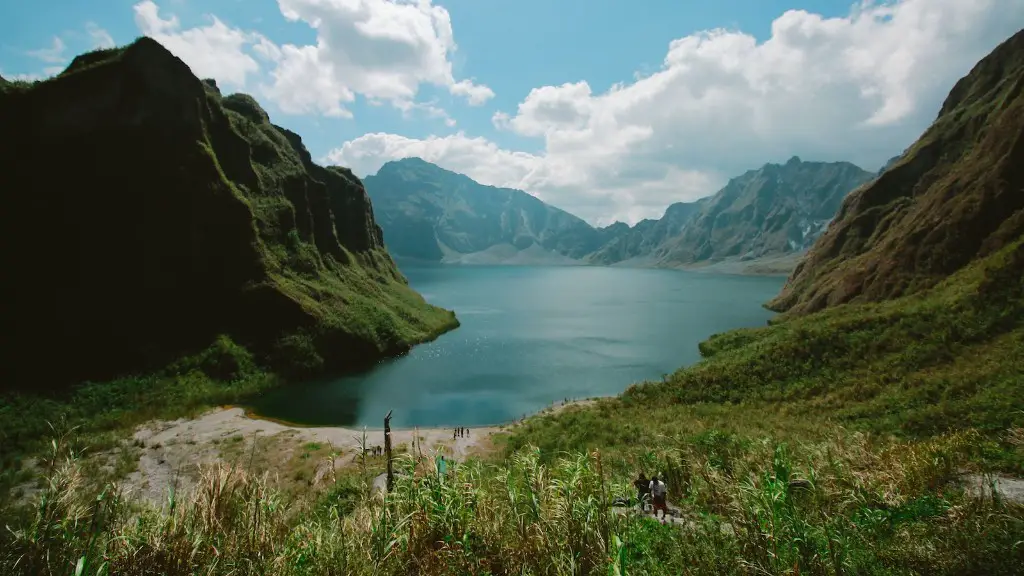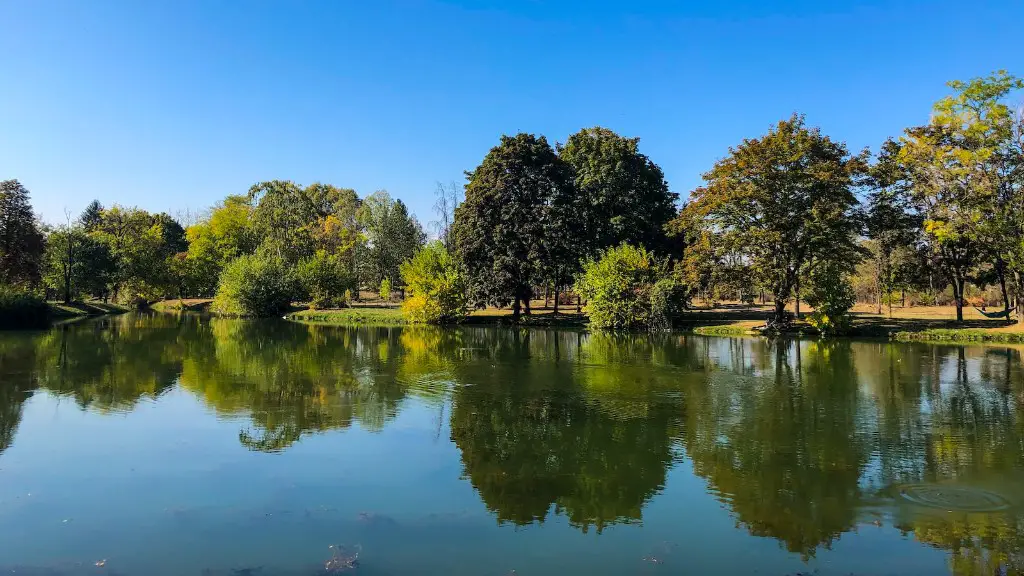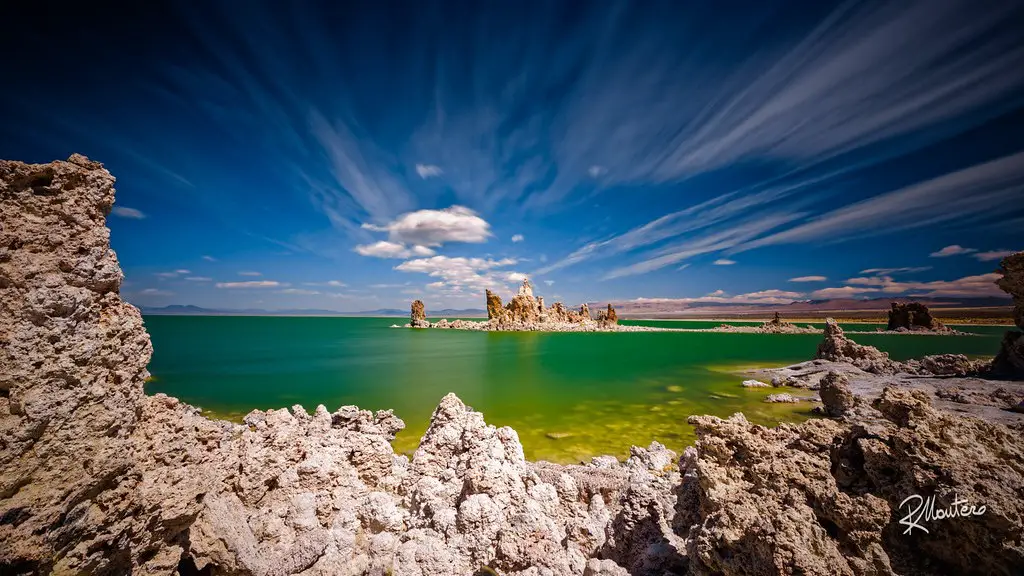Lake Victoria, located in East Africa, is the second largest freshwater lake in the world. It has become a mecca for wildlife, with an impressive range of species found in and around the lake’s waters. From typical African species such as hippos to the rare micro-organisms of the lake, there is plenty to explore. But what animals are actually living in Lake Victoria?
One of the most iconic species living in Lake Victoria are hippos. This enormous mammal is the third largest land mammal on Earth and is found in large numbers in and around the lake. They spend their time grazing on the banks of the lake, mainly during the night, and dive for aquatic plants in the deeper parts of the lake. As their population continues to recover from poaching, you can often spot large herds of these impressive animals from the shore.
In addition to hippos, there are various fish species living in Lake Victoria. Nile Perch is one of the most important species as it is commercially fished for food. The lake is also home to the Victoria Tilapia, an important food fish for the local population, and the African Cichlid, which belongs to a large group of fish that are endemic to the lake. In addition, the lake’s waters are packed with countless invertebrate species, such as freshwater shrimp and snails.
The lake is also home to some rare and endangered species, such as the critically endangered Sudd hippopotamus and the vulnerable Lake Victoria marbled lungfish. The lake is a refuge for these fragile species and there are conservation efforts in place to protect them. A project was recently launched to survey the lake to learn more about these rare species and their habitats.
Lake Victoria also has some unique micro-organisms living in its depths. Archaea, single-celled organisms that thrive in extreme environments, have been discovered in the lake. These unique organisms have the potential to be used for biotechnology research, as they are known for their adaptability. There are also many species of algae in the lake, which is a source of food for many of the species living here. The algae is also used for biofuel.
The lake’s diverse wildlife is affected by various human activities, from fishing to farming and industry. Overfishing is a major problem in some parts of the lake and is having a detrimental effect on the fish population. Pollution from fertilizer runoff is also a problem in the lake, as it can lead to the growth of harmful algae. While there are efforts to protect the lake and its wildlife, it is important to remember that it is a fragile ecosystem and requires our attention.
Dangerous Predators
Lake Victoria is home to some dangerous predators, such as crocodiles and hippos. These predators often come into contact with humans, particularly when they are fishing in the lake. Crocodiles can be especially dangerous, as they are capable of killing and eating humans. It’s important to be aware of these predators when you’re near the lake, and to take the necessary precautions to ensure your safety.
Wealth of Birdlife
Lake Victoria is a remarkable aviary, home to numerous species of birds. Birds such as pelicans, flamingos and critical endangered shoebill storks can be found in and around the lake. This makes it a great spot for birdwatchers, who are often rewarded with stunning views of the vivid and varied birdlife.
Threats to the Ecosystem
The lake is under increasing environmental stress from human activities, such as overfishing, pollution and destructive farming practices. Overfishing is particularly disruptive to the fish population and can lead to a decline in the health of the ecosystem. Pollution from fertilizer runoff is also an issue, as it can lead to the growth of harmful algae and impact other species in the lake.
Conservation Efforts
Various organizations are working hard to protect the lake, its wildlife and habitats. These organizations are working on projects to monitor the lake and develop sustainable strategies to ensure its long-term health. They are also undertaking research to learn more about the species that live there and how they are being affected by human activities.


